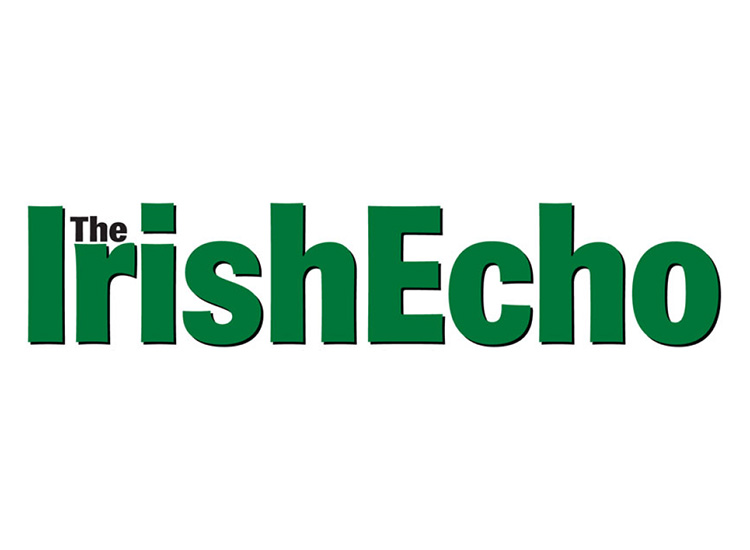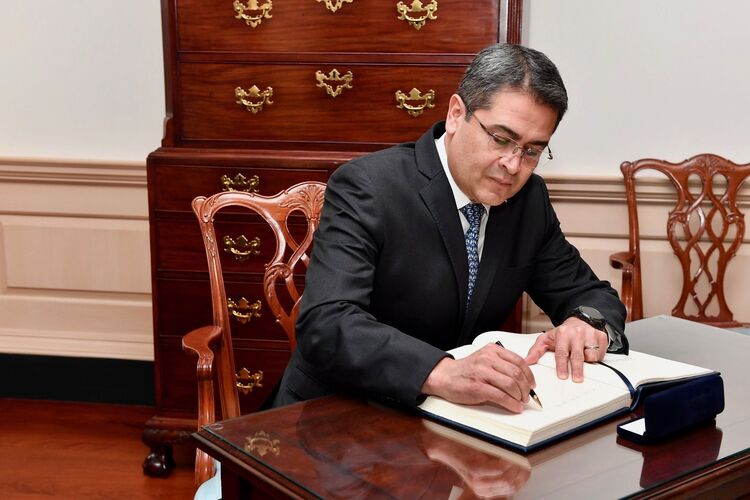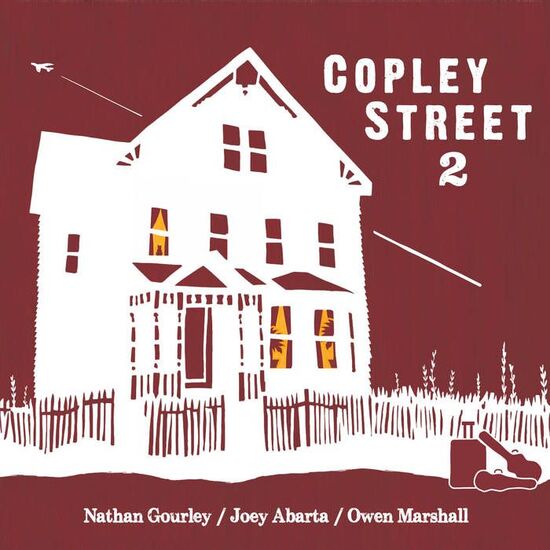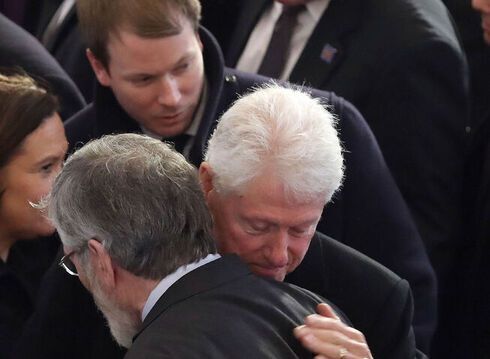[caption id="attachment_70544" align="alignright" width="300" caption="Kevin Burke."]
Let’s look at performance. Last week, I talked about the great show Lúnasa put on at the Highline Ballroom. While virtuoso musicianship is the foundation of their (and every performing group’s) artistic success, Lúnasa’s shows work in large part because they bring variety – a gifted frontman leading highly arranged sets, and simple solo or duo features, creates a complex sense of journey and resolution that audiences respond to and love.
Smaller groups find similar variety in different ways. Although instrumentation might limit texture and timbre, Chicago’s Jimmy Keane (of the outstanding group Bohola) tells me that duo or trio settings afford players great musical flexibility in terms of what they play and how they play it. Further, the personality of the musicians in the group, how well they play off of each other in the course of performance and finally how effectively they engage the audience between sets feature prominently in what people take away.
The most enigmatic kind of performance, however, is the solo show. On one hand, the approach affords an amazing amount of artistic flexibility because repertory and stylistic choice aren’t set in stone and can be adjusted on the fly. On the other, however, a solo performer needs to be endlessly (and effortlessly) inventive. She or he has to maintain a strong sense of energy and flow, and of course must have the personality and experience to engage an audience for what might be two full hours. Indeed, each detail of a solo performer’s show is open to both scrutiny and criticism. It’s a risky move and perhaps the main reason few nowadays attempt them.
A notable recent recorded exception is MacDara Ó Raghallaigh's album Ego Trip (2011). A masterful and daring exploration of traditional music’s corners on the fiddle, it stands effortlessly on its own. However, the current dean of the solo show is Kevin Burke. In a different league altogether, Burke’s lived out on the legendary edge through groups like the Bothy Band, Patrick Street, Open House and the Celtic Fiddle Festival (as well as in solo and duet contexts) for 40 years.
In April, Burke will be doing a series of solo performances throughout the northeast. “The Naked Fiddle” (as he calls it) will provide a rare and intimate glimpse into his playing, and will balance the pure drop with his experiences from further afield on traditional music’s vanguard.
Burke has developed his solo show over the past several years. His approach has been to play the things he wants to play and to reveal the tradition in a light-hearted way, telling stories and evoking the personalities of the people he associates with his tunes. He also remains open to inspiration. Perhaps something about the evening moves him to sing a song. A Yiddish tune may seem outlandish, but not when it evokes a turn-of-the-century tenement where an Irish musician tries to understand the Freilech music he hears his Jewish neighbor playing. The variety and complexity he conveys in this sort of “naked” context energizes audiences in a way that few are able.
Performers of Burke’s scope and caliber of are rare and worth experiencing, especially since what they play says so much not only about traditional music’s past, but its current direction as well.








